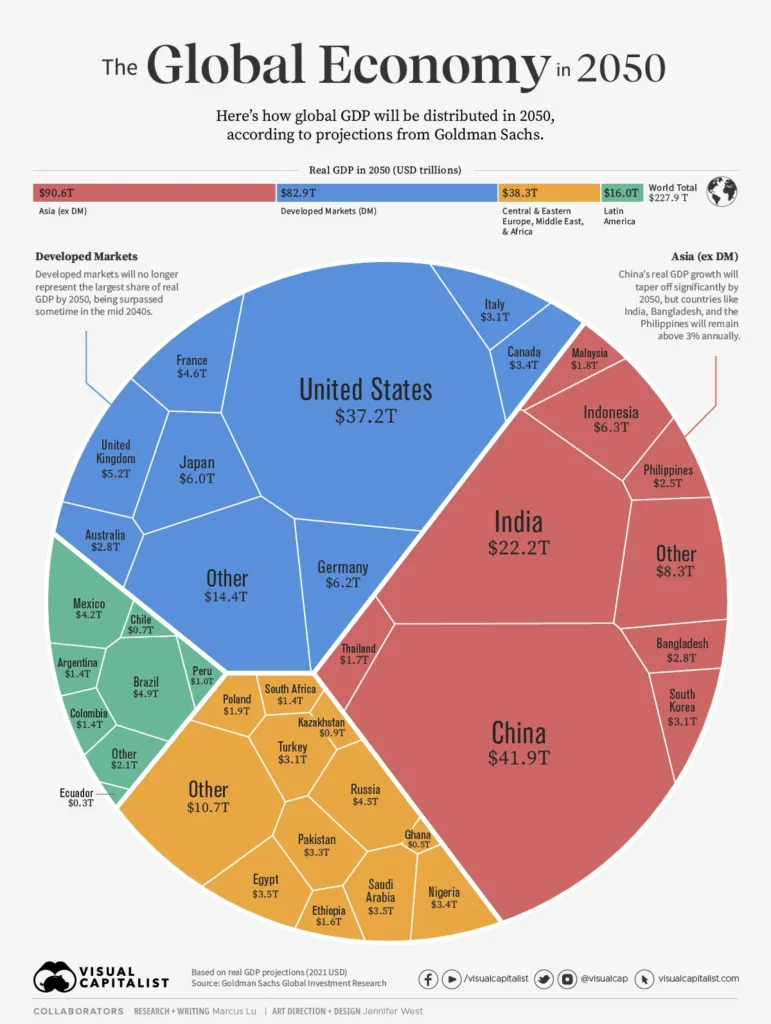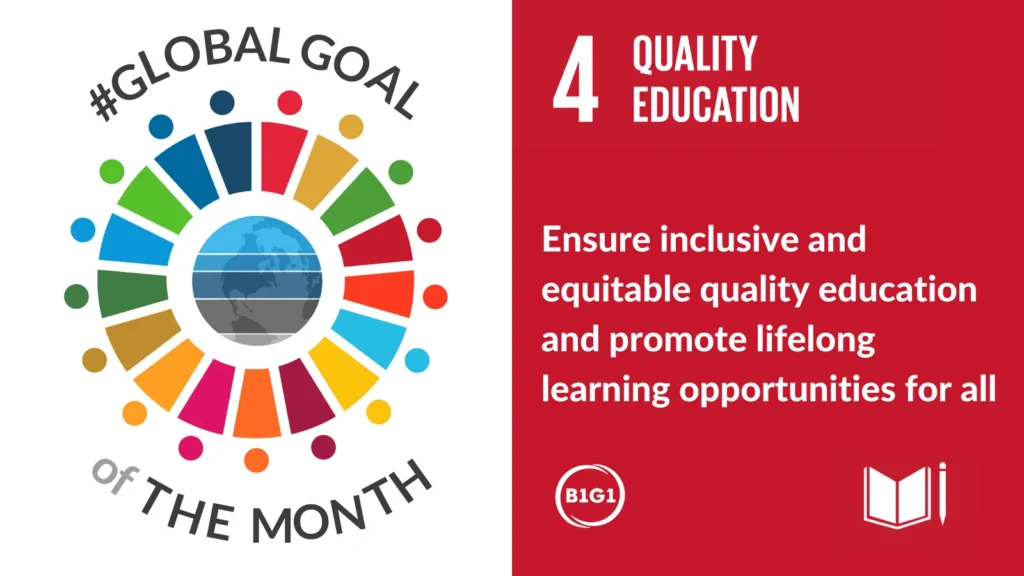In an era where technology is rapidly evolving, the intersection of AI and global diplomacy has become a focal point for understanding how international relations are being reshaped. Artificial intelligence is not just a tool for enhancing communication; it is a transformative force that influences decision-making processes, enhances data analysis, and fosters new forms of engagement between nations. As we delve into the complexities of this relationship, we will uncover the myriad ways in which AI is revolutionizing diplomatic practices and international cooperation.
This article will guide you through the various dimensions of AI’s impact on global diplomacy. You will learn about the role of AI in conflict resolution, how it aids in predictive analytics for diplomatic strategies, and the ethical considerations that arise from its use. Furthermore, we will explore case studies that illustrate successful AI applications in diplomatic contexts, providing you with real-world examples of technology in action. By understanding these elements, you will gain insight into the future of international relations in a technology-driven world.
As we navigate through the implications of AI on diplomacy, we invite you to consider the challenges and opportunities that lie ahead. Will AI enhance global cooperation, or will it exacerbate existing tensions? Join us on this enlightening journey to discover the answers and more. Stay with us as we unravel the intricate tapestry of AI and global diplomacy, and see how technology is not just shaping our present but also our future.
In the contemporary world, artificial intelligence (AI) is increasingly influencing global diplomacy. This article explores various dimensions of this intersection, highlighting how technology is reshaping international relations.
The Role of AI in Diplomatic Decision-Making
AI technologies are revolutionizing the way diplomatic decisions are made. By analyzing vast amounts of data, AI can provide insights that human diplomats might overlook. This capability allows for more informed decision-making, enabling countries to respond swiftly to international crises.
Moreover, AI can simulate various scenarios based on historical data and current trends, helping diplomats to anticipate potential outcomes of their actions. This predictive analysis is crucial in a world where rapid changes can have significant geopolitical implications.
Enhancing Communication through AI
Effective communication is vital in diplomacy, and AI is enhancing this aspect significantly. Natural language processing (NLP) tools can facilitate real-time translation, breaking down language barriers that often hinder diplomatic negotiations. This technology allows diplomats to engage in discussions without the need for interpreters, fostering a more direct and nuanced dialogue.
Additionally, AI-driven chatbots and virtual assistants are being employed to manage routine inquiries and provide information, allowing diplomats to focus on more complex issues. This efficiency can lead to more productive diplomatic engagements.
Cybersecurity and AI in International Relations
As nations increasingly rely on digital platforms for diplomacy, cybersecurity has become a paramount concern. AI plays a dual role in this context: it can enhance security measures while also being a tool for cyber threats. Countries are investing in AI technologies to protect sensitive diplomatic communications from cyberattacks.
However, the same technologies can be exploited by malicious actors to conduct cyber espionage or disrupt diplomatic processes. This duality presents a significant challenge for international relations, necessitating collaborative efforts to establish norms and regulations around AI use in cybersecurity.
AI in Conflict Resolution and Peacekeeping
AI is being utilized in conflict resolution and peacekeeping efforts, providing tools for monitoring and analysis. Machine learning algorithms can analyze social media and other data sources to identify potential flashpoints for conflict, allowing for preemptive diplomatic interventions.
Furthermore, AI can assist in peacekeeping missions by providing real-time data on ground conditions, helping international organizations to make informed decisions about resource allocation and strategy. This application of AI can enhance the effectiveness of peacekeeping operations.
The Impact of AI on Global Governance
AI is reshaping global governance structures by introducing new dynamics in how countries interact. The rise of AI-driven technologies has led to discussions about ethical standards and regulations at the international level. Countries are now faced with the challenge of creating frameworks that govern the use of AI in diplomacy.
This shift necessitates collaboration among nations to establish common guidelines that ensure the responsible use of AI technologies. The outcome of these discussions will significantly influence the future of global governance and international relations.
AI and Economic Diplomacy
Economic diplomacy is another area where AI is making a significant impact. Countries are leveraging AI to enhance trade negotiations and economic partnerships. By analyzing market trends and consumer behavior, AI can provide insights that inform economic strategies and negotiations.
Moreover, AI technologies are being used to streamline trade processes, reducing barriers and increasing efficiency. This technological advancement can lead to stronger economic ties between nations, ultimately influencing their diplomatic relations.
Ethical Considerations in AI-Driven Diplomacy
The integration of AI into diplomacy raises important ethical considerations. Issues such as bias in AI algorithms, data privacy, and the potential for misuse of technology must be addressed. As AI systems are developed and implemented, it is crucial to ensure that they operate transparently and fairly.
Diplomats and policymakers must engage in discussions about the ethical implications of AI in international relations, establishing guidelines that promote responsible use while mitigating risks. This dialogue is essential for maintaining trust in diplomatic processes.
Future Trends: AI and the Evolution of Diplomacy
Looking ahead, the role of AI in diplomacy is expected to grow even more significant. Emerging technologies such as quantum computing and advanced machine learning will likely introduce new capabilities that can further transform international relations.
As countries continue to innovate and adapt to these changes, the landscape of diplomacy will evolve.




